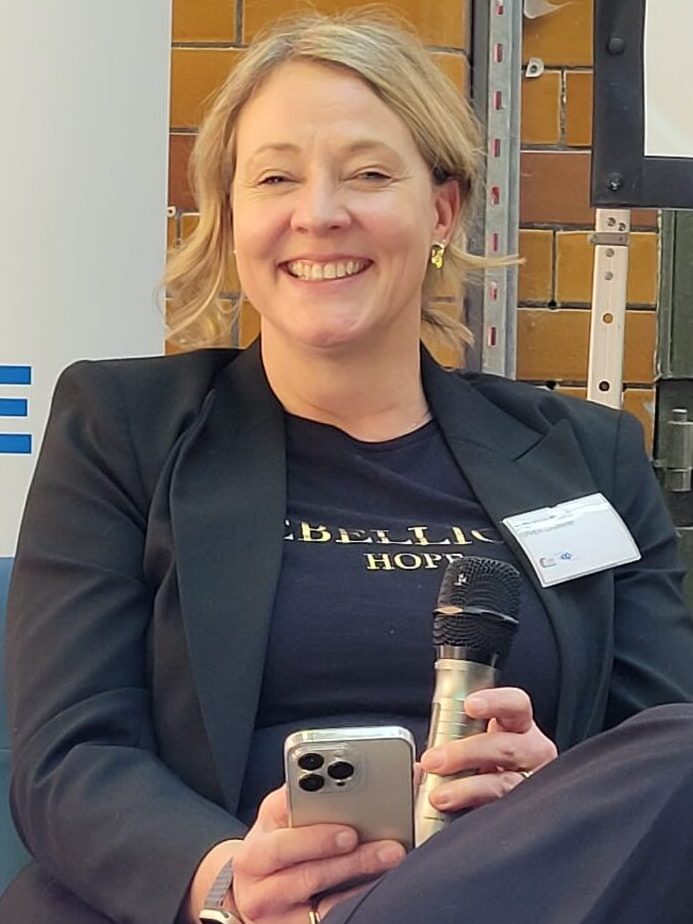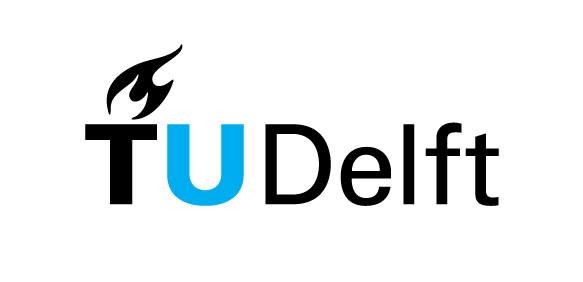
Bill Rand
Bio:
Bill Rand is the McLauchlan Distinguished Professor of Marketing and Analytics and University Faculty Scholar at the Poole College of Management at North Carolina State University. His research focuses on the diffusion of information from a complex systems science perspective. In collaboration with a number of organizations, Bill has applied his research to various domains, including social media, text-based and image-based communication, network-based games, app adoption, not-for-profit donations, and innovation adoption.
Beyond his research, Bill is dedicated to education and the development of tools and frameworks that assist managers make more data-driven decisions. He co-authored the textbook “An Introduction to Agent-Based Modeling” with Uri Wilensky, which serves as the foundation for an award-winning MOOC he teaches.
Keynote Talk:
The Past, Present, and Future of Agent-Based Modeling
In an era of data abundance, a key challenge is how to harness the potential of big data without flattening the heterogeneity of social systems into homogenous averages. Agent-based modeling offers a promising path forward, weaving detailed, individual-level data directly into dynamic simulations that remain grounded in social theory. This talk traces the evolution of data-driven modeling in social simulation—looking back at early parameter sweeps (e.g., the Anasazi) and stylized comparisons (e.g., The Santa Fe Artificial Stock Market), through today’s advances in optimization and machine learning, and toward a future where continuously updated, data-calibrated models could function as “policy flight simulators” for complex systems. I argue that combining big data with agent-based modeling uniquely enables us to honor individual variation as a source of insight rather than noise. The future of social simulation isn’t just about bigger data—it’s about building smarter, more interpretable models that bridge the gap between data-driven empiricism and theory-driven understanding.

Corinna Elsenbroich
Bio:
Corinna Elsenbroich is a Reader in Computational Modelling at the University of Glasgow. With a background in philosophy of science and computer science, she bridges theory and application, focusing on the epistemological and methodological dimensions of modelling. Over the past fifteen years, she has built agent-based models in areas such as juvenile delinquency, extortion, housing markets, and collective reasoning. Her work critically examines what knowledge computational modelling can generate and how it can inform policy. Corinna co-authored Modelling Norms with Nigel Gilbert and has a forthcoming textbook, Becoming an Agent-based Modeller (with Jennifer Badham), to be published by Routledge in 2025.
Keynote Talk:
Agents and Agency in a Complex World
This talk explores how agent-based modelling transforms our approach to causality and explanation in complex social systems by examining the generative processes, entities, and activities underlying aggregate phenomena. Building on Hume’s skepticism about empirical access to causality, I argue that traditional statistical methods, predicated on stability and universal laws, fail to capture the dynamics of complex, emergent systems. Drawing from my research in computational social science, I demonstrate how ABM offers a process-oriented framework for understanding social phenomena amid inherent uncertainty. While adopting a realist position on causality, I contend that ABMs enhance our understanding of causal mechanisms without providing direct empirical access to them. These models remain cognitive tools rather than windows into objective reality. I emphasise the critical importance of recognising modellers’ agency in making consequential decisions about aggregation levels and system boundaries, choices that fundamentally shape our understanding of complex social worlds.

Igor Nikolic
Bio:
Igor Nikolic is an Associate Professor at Faculty of Technology, Policy and Management at Delft University of Technology. With a background in chemical and bio-process engineering and a PhD focused on agent-based modelling of large-scale socio-technical systems, Igor applies a systems thinking approach to sustainability and social issues in industrial and infrastructure domains. His research explores the impacts of new technologies, policies, institutions, culture, and business models on technical and social components of systems, with a focus on improving their sustainability.
By integrating participatory methods into the modelling process, Igor supports stakeholders in making strategic decisions under deep uncertainty. His transdisciplinary approach facilitates knowledge exchange between academia and practice, ultimately aiming to drive transformative change.
Keynote Talk:
(Im-) possibilities for social simulation in robust adaptive energy investment planning in the Netherlands
Netherlands is exploring the notions of robust adaptive planning for an integrated view on the energy transition. The proposed adaptive planning consists of an ongoing cycle of creation of scenario spaces, gathering and curating data and facts, using multi-models to stress-test plans, organizing participatory sense making and decision making and monitoring and adaptation of plans. Multi-modelling is increasingly seen as a key element of this approach. Models used in this policy process are generally techno-economic optimizations with social simulation approaches sorely lacking. At the same time, there is an increasing need to make the energy transition just, fair and socially acceptable. This talk will explore the (in-)possibilities for social simulation in this key societal debate, identify opportunities and challenges, and suggest ways how to bridge the gap between state-of-the-art social simulations research and the hard-nosed reality of modelling for policy support in the Netherlands.

Catholijn Jonker
Bio:
Prof. dr. Catholijn Jonker is professor in Artificial Intelligence at TU Delft and Leiden University. She is principal investigator of the Amsterdam Institute of Advanced Metropolitan Solutions (AMS), and coordinator of the Hybrid Intelligence Centre. She is a member of the Royal Holland Society of Sciences and Humanities, a Fellow of EurAI, and member of the Academia Europaea. She is a knight in the Order of the Netherlands Lion. Recipient of the 2024 Autonomous Agents Research Award.
Her work explores negotiation, teamwork and decision-making, always with a value-sensitive lens.
Keynote Talk:
From Social Simulation to Hybrid Intelligent Reality
The idea that the dynamics in society largely depends on the interaction between the people in that society, raised the hopes, perhaps beliefs, that incorporating those dynamics in social simulations would increase the validity of the simulation. This motivates the use of Artificial intelligent agents in so-called Agent-based Social Simulation. What can Large Language Models (LLMs) do to boost the validity/accuracy of social simulations? At the same time LLMs and other forms of artificial intelligence (AI) have invaded our society, thereby changing the nature of our behaviour once more. Are we at the brink of a society in which the role of humans diminishes because of AI, or a society in which humans augmented by AI take an evolutionary leap forward? Whereas the first view makes social simulation easier, the other brings new challenges and new opportunities. Can the field of social simulation help us understand, enrich en steer our future towards this new Hybrid Intelligent form of reality?
